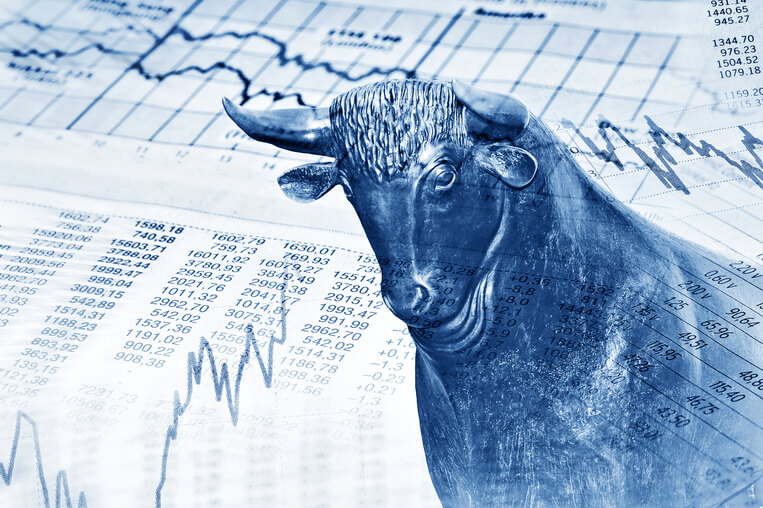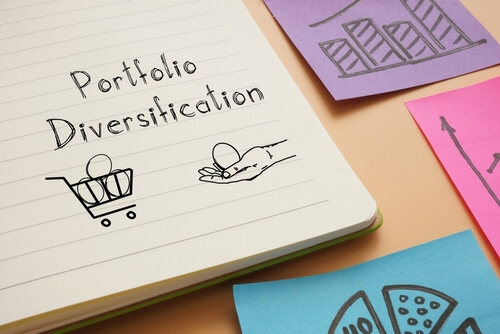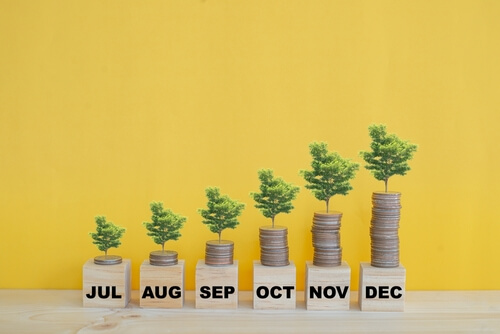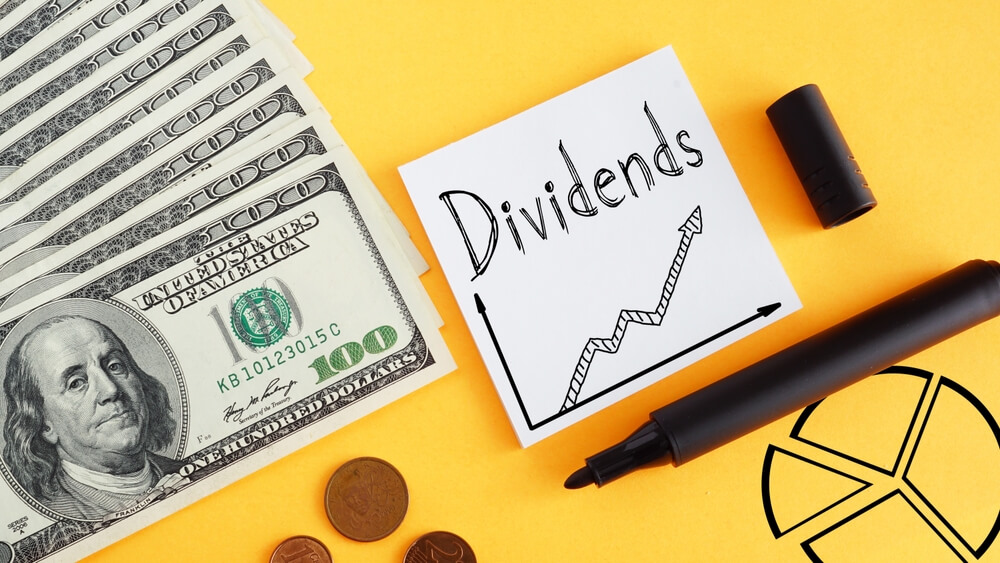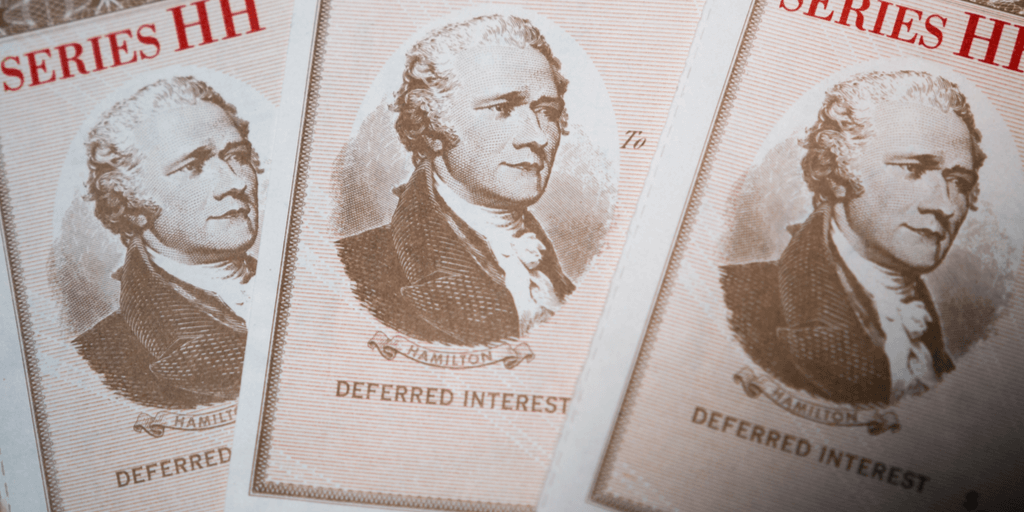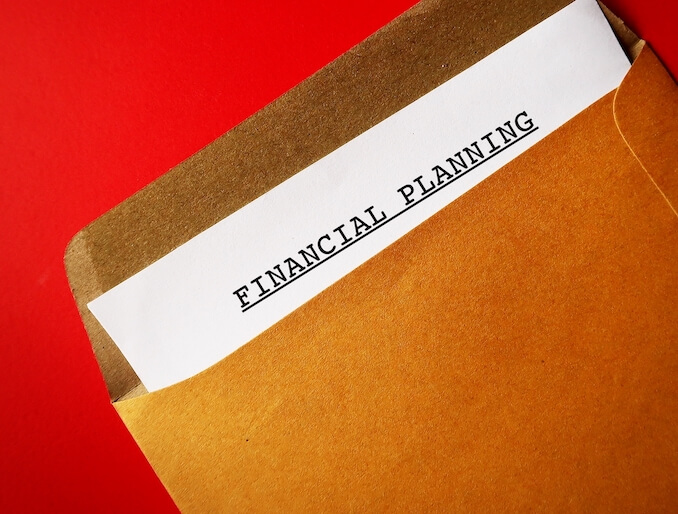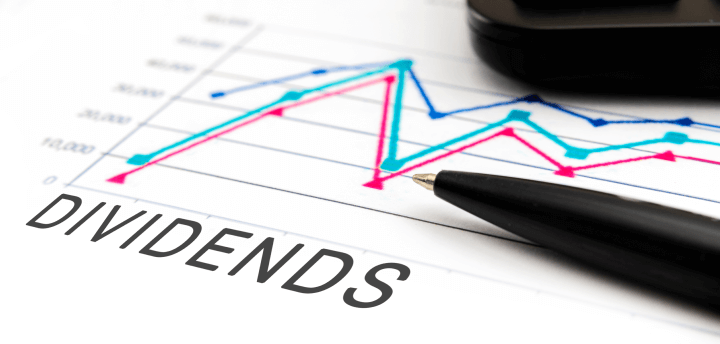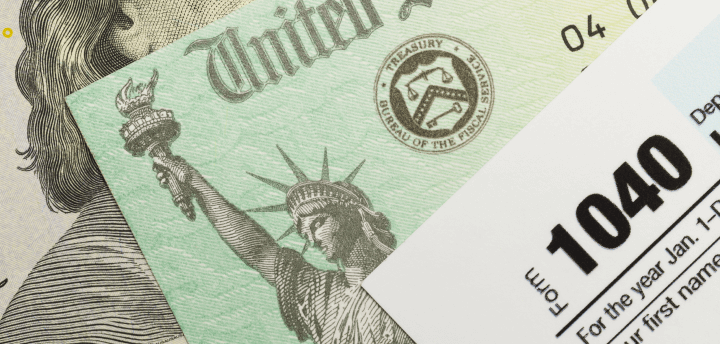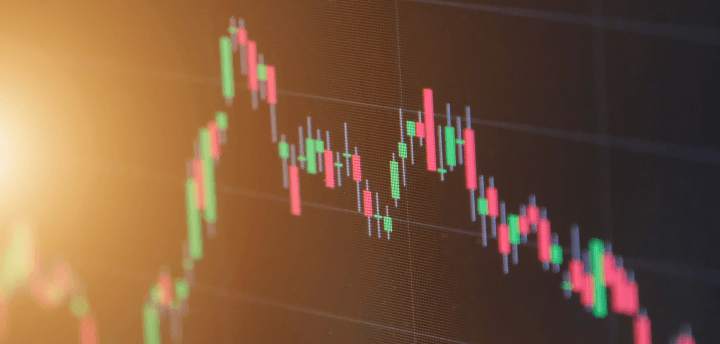It is unlikely that we will see a year exactly like 2020 again. In some ways, our lives have changed, perhaps permanently. As an investor, what lessons can you learn from 2020? Here’re a few important investment guidelines that stick out the most.
Expect the Unexpected
You can’t predict the future. No one forecast a pandemic. Even if you had a crystal ball and had advance knowledge of the covid crisis, would you expect markets to be up double digits for the year? Probably not. The key is not to think about specific risks or plan for precise events that could move your portfolio. Rather, expect that periodically markets will sell-off, and plan for a range of scenarios. This requires that you have an appropriate investment portfolio that you can stick with in good times and bad.
Markets don’t always move in the same direction as the economy
Many investors are confused by strong markets while parts of the economy are still shut down. Instead of markets and the economy always moving together, as many investors assume, think of them like they’re linked by a fairly long rope. Ultimately, they can’t go too far apart, but the two can move in opposite directions and at different times.
Following the headlines is a disappointing investment strategy
Markets are forward-looking and move very, very fast. By the time the covid news and the impact on the economy were known, it was too late to sell. Investment prices had already sold off. When the headlines improved and things started to feel a little better, markets were already back near record highs. Better to invest based on long-term fundamentals supported by data, evidence, and thorough research.
The importance of a safety net
When the pandemic hit, investors everywhere raced to raise cash. Investors who maintained a cash reserve for emergencies were in better shape to weather the unexpected volatility. Cash doesn’t earn much, but it can really help in times of market stress. 2020 was a good reminder to have a cash cushion.
How we react to crisis has a large impact on our investments
If you tried to “cut losses” and exited the market with plans to invest again when things felt better, you most likely did so at a bad time and missed out on the rebound. By the time vaccines were approved, markets were already back at highs. Unfortunately, this is not uncommon. Investors who react after market declines often find themselves on the wrong side of the market when a new rally begins.
Rebalancing is effective, but not easy
The stock market dropped sharply in March and then gained steadily for months afterward. Investors who rebalanced or even did nothing during March or April are most likely better off today. It is not easy to add to stocks when they are down. Having a good plan and the discipline to act on it is key.
2020 was a year of major upheaval. These takeaways will help you to be stronger, more prepared investors into the years ahead.








